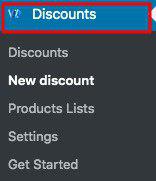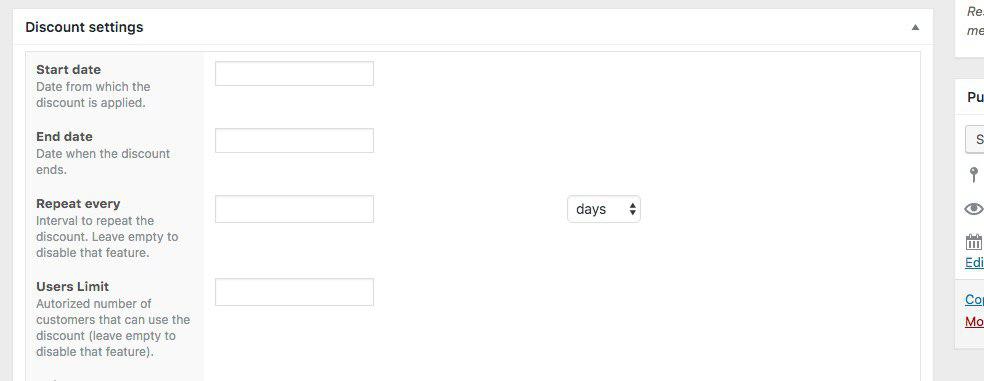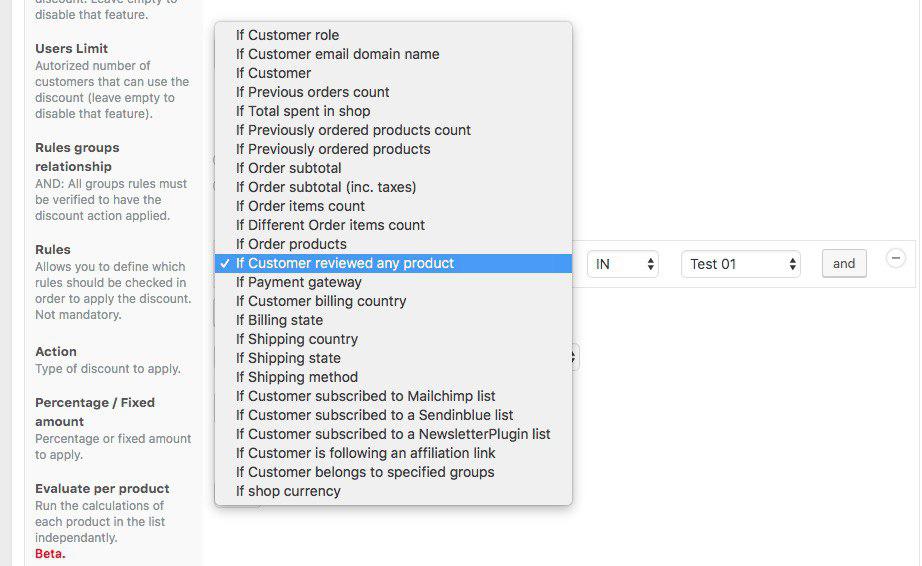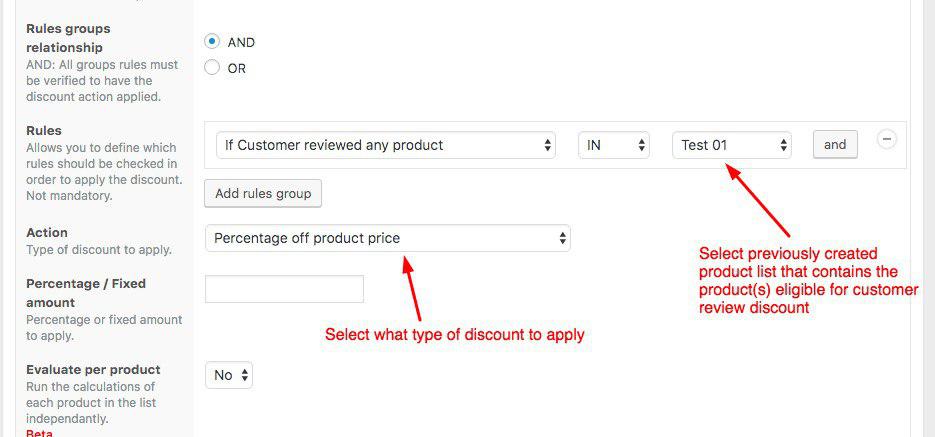With ease, the internet has brought all kinds of things to our fingertips, from shopping apparel to researching our next new car purchase. Once a place for dumping papers and research, the internet is now evolving to be a forum where consumers evaluate products and services based on impressions and feedback from other, like-minded consumers.
Table of Contents
Who Reads Online Reviews Anyway?
These statistics show that the majority of all online shoppers use reviews to determine what products to buy and which services to purchase. In 2017, customers read an average of seven reviews before trusting a business; an increase from six in the previous year.
According to Fan & Fuel (2016), 94% of online customers read reviews before making any purchasing decisions. For information about specific products, Spiegel Research Centre (2017) shows that 95% of shoppers read reviews before making a purchase.
Armed with this data, perhaps the real question would be: Who isn’t reading online reviews anyway?
The Merits of (Good) Customer Reviews
Reviews not only have the power to influence consumer decisions but can boost a company’s credibility. Reviews have the power to trap customer trust and encourage people to interact with a company. Customer interaction ultimately leads to improved profits for businesses.
In the U.S., 68% of people that shop online are more likely to engage with businesses that have positive reviews (BrightLocal 2017), and 93% determine whether a business has a good reputation (or not) based upon the available reviews. In 2016, Fan & Fuel reported that 92% of consumers hesitated to make a purchase if there were no customer reviews, and a full 97% say customer reviews factor into their buying decisions.
If you’re starting to get overwhelmed by how vital the role customer reviews are then it might also interest you to find that products with reviews are 270% more likely to be bought than a product without, according to Speigel Research Centre (2017). For products that are higher priced, there’s evidence that this chance increases to 380%.
Customer Engagement
Beyond transactional engagements, review leave room for businesses and customers to build a relationship. Establishing an emotional connection with customers is shown to provide 23% more revenue than with a non-engaged customer. The impact of the customer-business bond is reiterated by Gallup Research.
After-sales customer engagement establishes trust and, as reported by BrightLocal, positive reviews make 73% of consumers trust a local business more. A whopping 85% of consumers trust online reviews as much as personal recommendations. Reviews are undeniably an established and growing method of customer engagement.
What This Means For Your Business
As the owner of a small business, to be successful, your customers must always be your top priority. This means listening to them and prioritizing their needs. Here are a few tips to do that
- Make it easy for customers to review your products: Allow for them to add reviews on your product page and perhaps anywhere else.
- Let them know you hear them: Customers like to be acknowledged. Whether it’s a positive or negative review, endeavor to always respond. This signals that you put your customers first.
- Take Customer Reviews One Step Further: Most businesses value their customers because, without them, there would be no business. Getting customers to leave reviews and sharing positive ones for the world to see can be a rewarding accomplishment. If you do this regularly for your business, then you’re doing great, but you can do more.
What better way is there to foster a healthy relationship with a customer who has had a pleasant experience with your business other than rewarding them?
Here are a few stats worth knowing:
- Discounts and coupons came in as the top-ranking tactic for driving loyalty with 61% of consumers saying they use them (Expedia Affiliate Network)
- The main reasons people participate in loyalty programs include: receive discounts/offers (43%), earn free products (27%), access to exclusive rewards (10%), and members-only benefits (9%) (ApNews)
- 55% of consumers said the dominant loyalty factor was product quality and 25% said great sales/deals (Yotpo)
With our Conditional Discounts For WordPress plugin, you can use customers’ positive experiences to your advantage by rewarding your customers with a generous discount every time they share their experience. Let’s show you how to create discounts for customers who reviewed your products.
Highlight Of The Process
- Login to your WordPress dashboard
- Create a product list
- Create a new discount & setup your discount rule for reviewers
- Save and ensure discount is active
The Process Steps for creating discounts for Customers who reviewed your products
1. Login to your WordPress dashboard and locate the “Discounts” menu.
2. Create a product list.
A product list is a subset of your shop’s products that you can target in the discount conditions or the products on which they apply while setting up a dynamic pricing strategy.
Your product list should contain store products that are eligible for a discount. Click here to see how to create your product list.
3. Create a new discount & setup your discount rule for reviewers:
- Click on Discounts > New Discount menu to access the new discount page. And call your new discount whatever name you wish.
 [IMAGE SHOWING THE PLUGIN MENU ON WORDPRESS DASHBOARD]
[IMAGE SHOWING THE PLUGIN MENU ON WORDPRESS DASHBOARD] - Set up the basic discount properties such as the start and end date, periodicity and user limit or leave them empty to enable the discount all the time.
 [IMAGE SHOWING DISCOUNT VALIDITY TIME AND USER LIMITS]
[IMAGE SHOWING DISCOUNT VALIDITY TIME AND USER LIMITS] - Then click on the “Add rules group” button to create a new “rules” set.
- Select “If Customer reviewed any product” as a condition.
 [IMAGE SHOWING DISCOUNT CONDITIONS]
[IMAGE SHOWING DISCOUNT CONDITIONS] - Select what type of discount to apply.
 [IMAGE SHOWING FULL DISCOUNT RULE]
[IMAGE SHOWING FULL DISCOUNT RULE]
4. Save and ensure discount is active.
Publish your discount and ensure (from the discount page) that your discount is active. Look out for this green dot.
 [IMAGE SHOWING ACTIVATION STATUS OF A DISCOUNT]
[IMAGE SHOWING ACTIVATION STATUS OF A DISCOUNT]
That’s it. From here on out, you should have created a functional discount for your loyal customers who reviewed your products.
CONCLUSION
The impact of your customers writing positive reviews for your business/products cannot be overstated.
Firstly, beyond the previous transactional engagement with the customer, this nurtures emotional engagement by letting the customers know that you value their opinions. Secondly, the customer having is a discount is highly beneficial to the business owner’s bottom lines by boosting sales.

